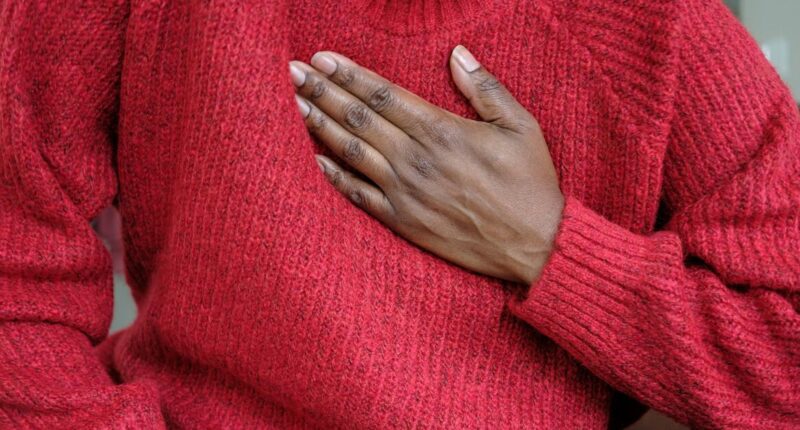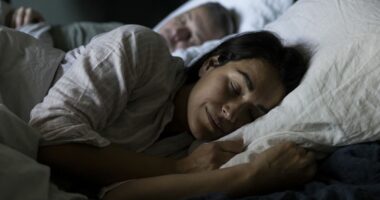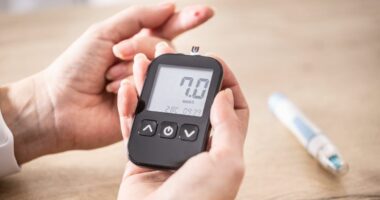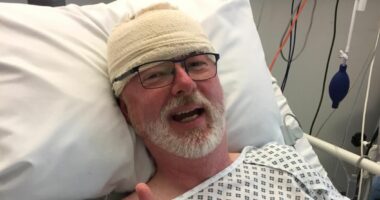Share this @internewscast.com
In light of recent findings, a scientist recommends investing in blackout curtains and powering down electronic devices before sleep. This advice comes after a study highlighted that exposure to bright lights during nighttime could significantly raise the risk of serious heart conditions, such as heart attacks, strokes, and heart failure.
Researchers from Flinders University in Australia discovered this troubling connection by analyzing health data from nearly 89,000 UK residents. Over a span of roughly a decade, participants wore wrist devices that recorded over 13 million hours of light exposure.
The study’s outcomes indicated that individuals exposed to the brightest light during nighttime experienced a 56% increased risk of heart failure and a 47% higher chance of a heart attack. These risks persisted even after adjusting for other known factors like exercise, genetics, and diet.
Dr. Daniel Windred, the leading researcher and a Research Associate at Flinders University, stated: “This is the first major study to demonstrate that nighttime light exposure is a significant and independent risk factor for heart disease.”
He added, “Disturbing your body’s natural circadian rhythm by frequently encountering bright lights at night, when darkness is expected, heightens the risk of developing severe cardiac issues.”
“Fortunately, we can control our nighttime light exposure. Implementing blackout curtains, dimming lights, and avoiding screens before bed can mitigate the health risks associated with nighttime light exposure.”
The British Heart Foundation has revealed that over a million Brits are battling heart failure, with around 100,000 hospital admissions each year due to heart attacks. Although many factors can increase the risk of these health emergencies, lifestyle choices such as unhealthy eating habits and smoking are thought to play a significant role.
In light of the new research, many scientists now believe that exposure to light during the night should be considered as a risk factor alongside these. The Australian-based team is now advocating for more research into lighting guidelines for homes, hospitals, and cities.
Associate Professor Andrew Phillips, senior co-author, also added: “Everyday habits, like scrolling on your phone in bed or falling asleep with the TV on or bedroom lights on, can expose you to potentially harmful levels of light. We’re not talking about extreme cases, even low levels of indoor light can interfere with your body’s natural rhythm.”
Potential heart attack symptoms
A heart attack is a serious medical emergency resulting from a sudden blockage of blood flow to the heart, usually caused by a blood clot. The NHS notes that this can lead to several important symptoms, such as:
- Coughing or wheezing
- Chest pain – a feeling of pressure, heaviness, tightness or squeezing across your chest
- Feeling sick (nausea) or being sick (vomiting)
- An overwhelming feeling of anxiety (similar to a panic attack)
- Shortness of breath
- Pain in other parts of the body – it can feel as if the pain is spreading from your chest to your arms (usually the left arm, but it can affect both arms), jaw, neck, back and tummy
- Feeling lightheaded or dizzy
- Sweating
If you suspect you’re having a heart attack, dial 999 immediately – the faster you act, the better your chances of survival. Official guidance from the NHS adds: “The chest pain is often severe, but some people may only experience minor pain, similar to indigestion.
“While the most common symptom is chest pain, symptoms can vary from person to person. Some people may have other symptoms such as shortness of breath, feeling or being sick and back or jaw pain without any chest pain.”















